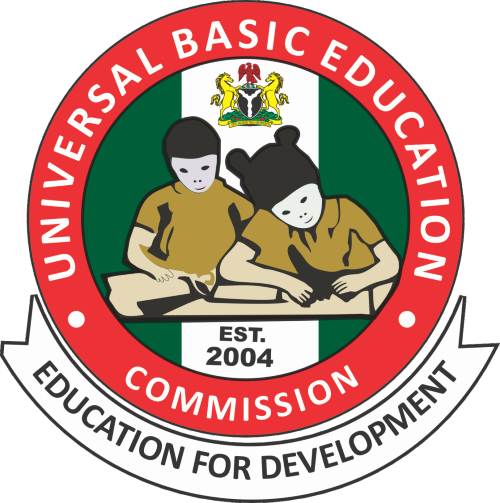The Universal Basic Education Commission (UBEC) has announced a significant shift in its disbursement strategy for counterpart funding aimed at bolstering Universal Basic Education (UBE) across Nigeria. This new approach centers around a performance-based model designed to incentivize states to prioritize education and effectively utilize allocated resources. The Commission has identified four strategic pillars as the foundation for this revised framework: expanding access to UBE, particularly in underserved rural communities; enhancing the quality of teaching and learning across the nation; strengthening accountability and ensuring efficient use of basic education funds; and optimizing monitoring and institutional systems for improved service delivery.
This restructuring signifies a move towards a more results-oriented approach to funding, encouraging states to demonstrate tangible improvements in their educational systems. The new disbursement template aligns with the current administration’s “Hope Education Project,” which emphasizes performance-based funding. This initiative aims to reward states that demonstrate judicious use of resources and effectively implement strategies to achieve the four aforementioned pillars. Essentially, states that demonstrate a commitment to improving access, quality, accountability, and monitoring in their basic education systems will be prioritized in receiving UBE intervention funds.
The shift towards a performance-based model underscores UBEC’s commitment to ensuring that allocated funds translate into tangible improvements in the quality of basic education across the country. By linking funding to performance indicators, UBEC aims to drive efficiency, accountability, and impactful outcomes. This approach also encourages a more collaborative relationship between the federal government, through UBEC, and the State Universal Basic Education Boards (SUBEBs), requiring the latter to demonstrate clear plans for how they intend to utilize the funds to achieve the outlined objectives.
The development of these new templates necessitates a collaborative effort between UBEC and the SUBEBs. To this end, UBEC organized an interactive workshop with representatives from the various State Universal Basic Education Boards. This workshop served as a platform for discussion and feedback on the proposed templates, ensuring that they are workable and effectively address the unique challenges faced by each state. UBEC emphasized the importance of SUBEBs’ input in shaping these templates, recognizing their crucial role as implementers of basic education at the state level.
The new templates require SUBEBs to develop comprehensive work plans outlining how they will utilize UBE intervention funds to address the four strategic pillars and implement the Hope Education Project. These work plans will serve as the basis for assessing their eligibility for funding. This process encourages states to strategically plan their education initiatives, aligning them with national objectives and demonstrating a clear understanding of the challenges and opportunities within their respective contexts. The emphasis on work plans reinforces the focus on accountability and performance, ensuring that funds are used strategically to achieve measurable results.
In essence, the introduction of these new templates represents a paradigm shift in UBEC’s funding strategy. The move from a more traditional disbursement model to a performance-based system underscores UBEC’s commitment to driving significant improvements in basic education across Nigeria. By aligning funding with performance, fostering collaboration with SUBEBs, and requiring detailed work plans, UBEC aims to create a more accountable, efficient, and results-oriented system for funding basic education, ultimately leading to improved educational outcomes for children across the country. This new approach holds the potential to transform the landscape of basic education in Nigeria, driving progress towards achieving universal access to quality education.














